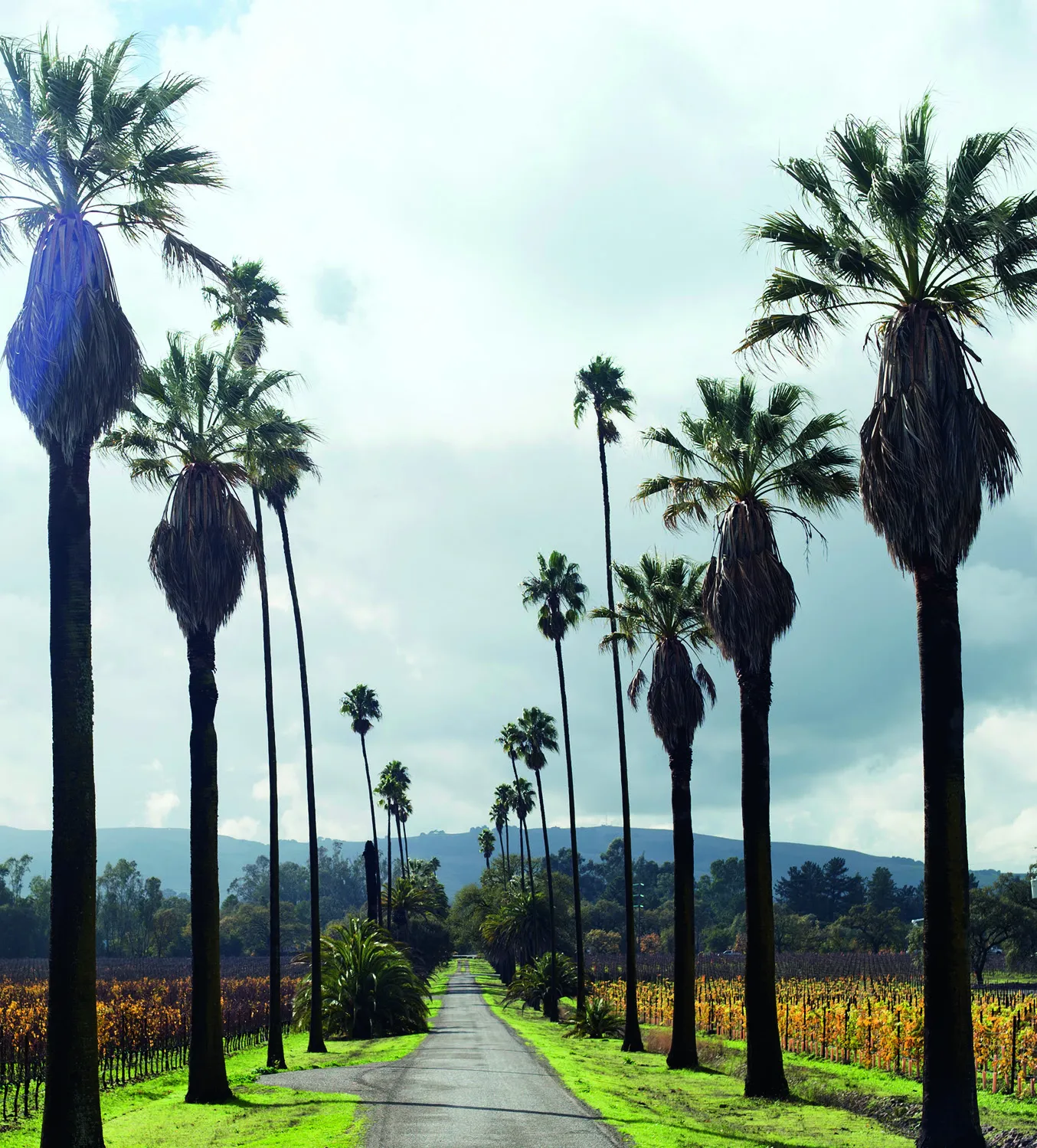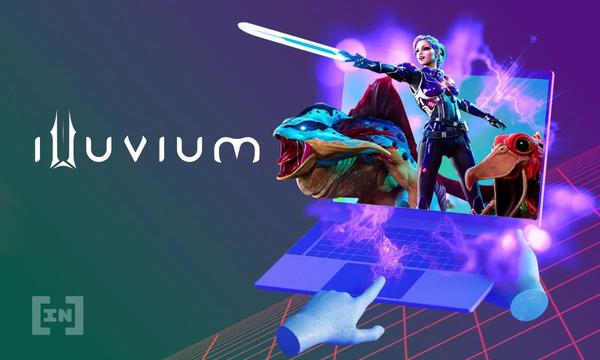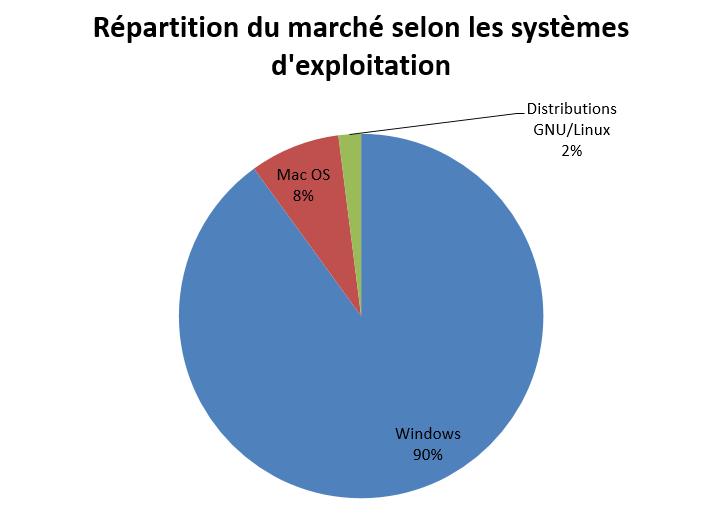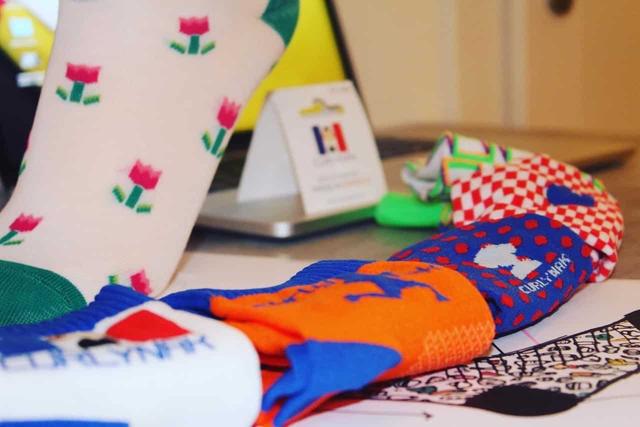Defend the Uyghurs or sell to China? The textile industry up against the wall
Summoned by China to deny the Uyghur cause, major clothing brands are up against the wall: how to satisfy Western consumers who are ever more demanding on ethics, without closing the doors of the world's second economic power?
"This arm wrestling is Kafkaesque. And this is the first time that the reactions in China have been simultaneous, between the Communist Youth League (affiliated with the ruling party, editor's note, and which leads the boycott campaign), the platforms online sales, consumers and influencers", summarizes Eric Briones, co-founder of the Paris School of Luxury.
At the origin of the conflict, cotton: 20% of world production comes from China, mainly from the province of Xinjiang populated by Uighurs, a Muslim minority repressed and exploited by Beijing according to human rights defenders, which the Communist regime.
Call for a boycott against Western groups
Last week, in reaction to sanctions imposed by the UK, EU, US and Canada on China for its treatment of Uyghurs, commitments made in 2020 by several textile giants - such as H&M, Nike or Uniqlo - to no longer source cotton from Xinjiang have conveniently resurfaced on the Chinese social network Weibo. There followed a wave of boycott calls on social networks targeting Nike, H&M but also Adidas or Zara, some of whose products were removed from the main Chinese online sales sites. At the same time, actors or singers have announced that they will stop being image ambassadors for these Western groups.
"If you are a committed brand and you decide to back down, you lose all credibility. And if you stick to your position, you cut yourself off from the Chinese market, which is the lung of the world economy", highlights Eric Briones. “But if these brands need China, does China need them?” asks this expert, citing the example of Nike whose last quarterly sales jumped 51% in China but nibble only +3% at the global level.
Fast fashion and sportswear are dependent on the Chinese market
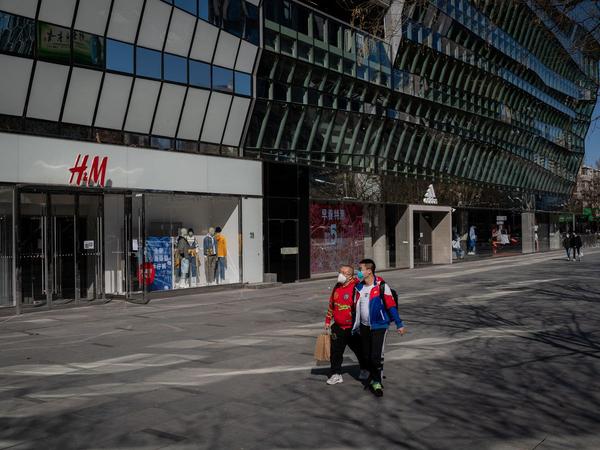
Crucial for luxury, the Chinese market is also crucial for fashion at low prices, "fast fashion", and for sportswear. The sports equipment manufacturers Nike and Adidas each have several thousand stores in the country, the American group having achieved in 2020 in "Greater China" (Hong Kong and Macao included) 18% of its annual turnover.
On the fashion side, China is the fourth market for the Swedish giant H&M, which has more than 500 stores there and garnered nearly 280 million euros in sales during the months of September, October and November 2020. Its Spanish rival Inditex, parent company of Zara, has 337 stores in the country.
"China has taken everyone by surprise and is playing big: it shows that international political pressure is starting to bear fruit. It's clearly bullying to see how far retailers will be able to go ", judge Nayla Ajaltouni, coordinator of the Ethics on the label collective. She is the representative in France of the international coalition End Forced Labor in the Uyghur Region bringing together 180 NGOs and unions, which calls on brands to "not trade their principles on human rights to maintain a commercial advantage".
According to this coalition, following calls for a Chinese boycott, some brands have "retracted" their commitments regarding forced labor, by withdrawing press releases or modifying their positions, such as Inditex, which no longer specifically mentions Xinjiang in its principles of "zero tolerance" appearing on its site, the coalition told AFP.
Most brands are round back
If H&M has declared that it does not endorse "any political position", the majority of brands remain silent, waiting to see if the storm subsides. One of the few to take a stand was the Italian clothing chain OVS (1,750 stores), announcing last week that it was stopping sourcing cotton from Xinjiang, and calling on other brands "not to give in to pressure and choose their side: human rights or commercial interests".
“We must also be right, because this boycott is only digital for the moment and the physical shops are open”, tempers expert Eric Briones.
He also draws attention to the fact that "luxury is not currently concerned, but only fast fashion and sportswear, precisely sectors where Chinese brands are more and more powerful. Some, like Anta or Li Ning, have also jumped on the Hong Kong Stock Exchange”, reaching their highest level in a month at the end of last week.



